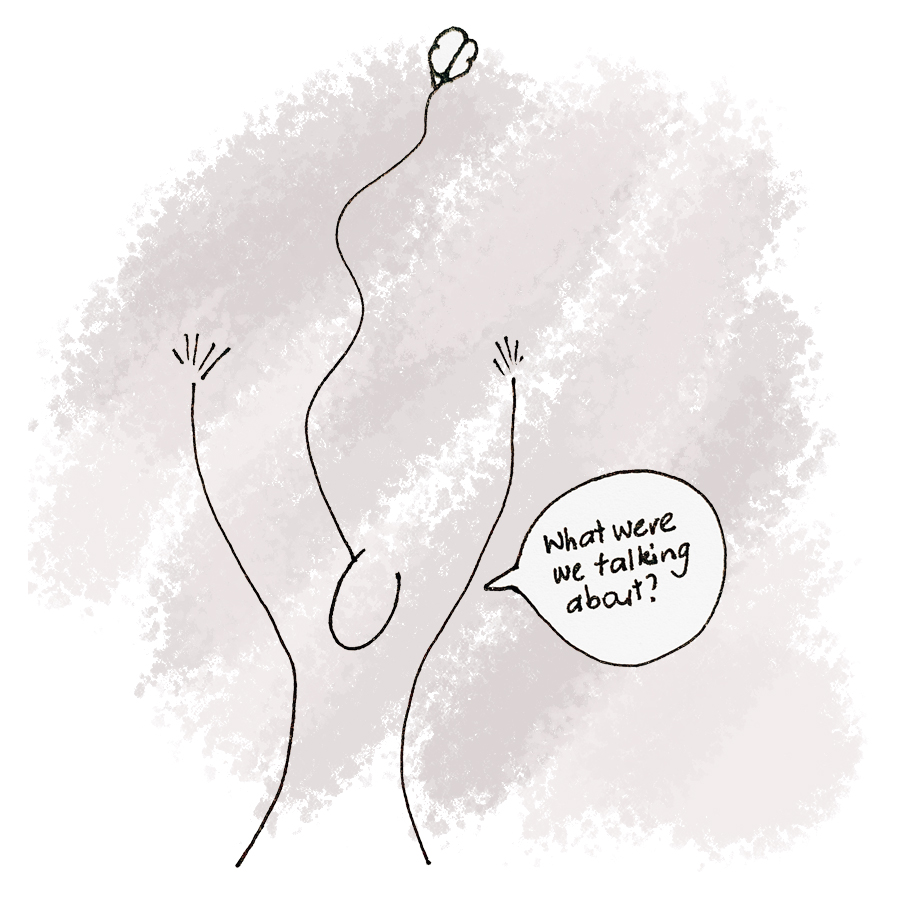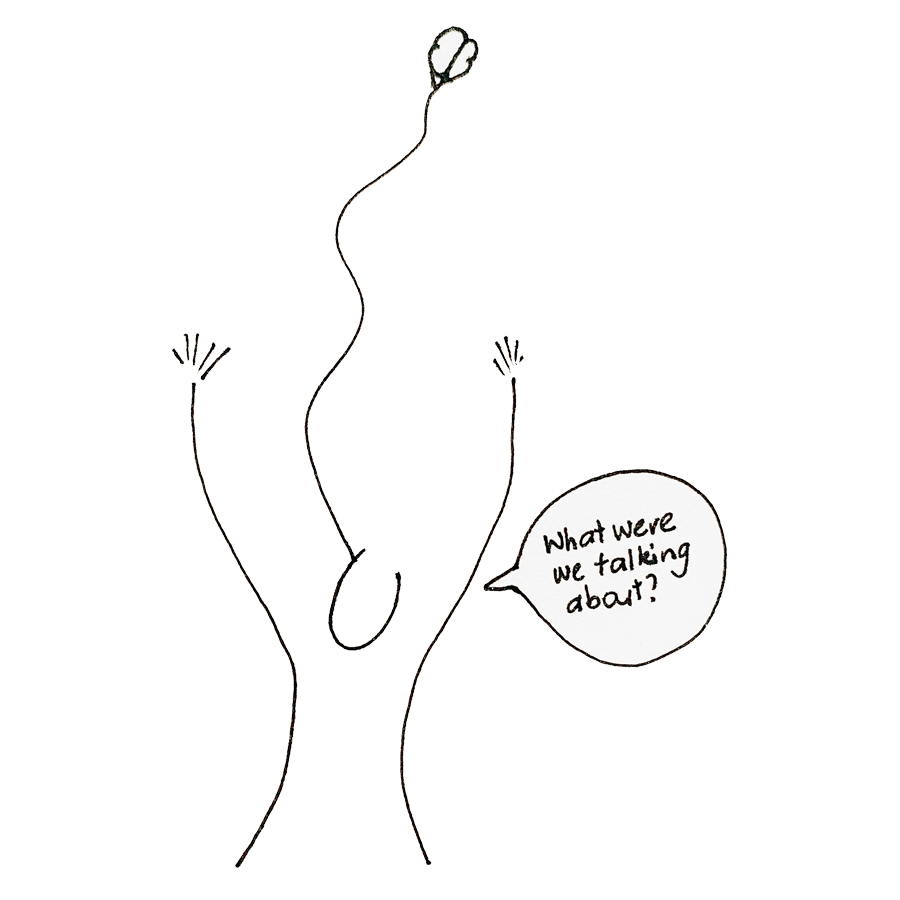Memory Issues

For the last three years, Covid long haulers have had to become their own advocates and researchers as they lobby for recognition, funding and proper healthcare. Their knowledge has been hard-won against a backdrop of sickness. They’ve pushed through symptoms that ravaged their previously able-bodies and become the experts of their own disease.
That is why we decided that all the symptoms on this website should be written by patients, for patients. As our co-founder Jenene Crossan says “They poured their hearts, their souls and their deep determination to find just enough energy to put their experiences down for others to benefit from”.
Although we do not intend to give medical advice, the articles have been fact-checked by a wonderful doctor who is suffering from Long Covid too.
About the author
I was in my early 50s when I caught Covid-19. Before my infection in May 2022, I was very active. I walked every day, swam once a week and cycled a couple of times a month. As well, I worked 30 hours a week on my PhD in history and ran a busy household. This involved looking after two tamariki | children and attending all their sports games and school functions. I loved socialising with friends, too.
I regularly forget words or threads of conversation, lose my train of thought and suffer memory blackouts. The essentials of everyday life, such as turning off the hob and picking up my children from school, also disappear.
Long Covid destroyed my life and left me mostly housebound. My intense cognitive issues meant I had to suspend my PhD and stop working. This has created huge financial pressure, as I am a single parent and finances are now very tight.
– Female, Pākehā, Tāmaki Makaurau/Auckland

DISCLAIMER: THIS WEBSITE DOES NOT PROVIDE MEDICAL ADVICE
Content shared on this website is for informational purposes only. It should not be taken as a substitute for professional medical advice. Always seek the advice of a qualified healthcare professional regarding a medical condition, diagnosis or possible treatments. Long Covid Support Aotearoa is not liable for risks associated with using or acting upon the information provided on this website.
